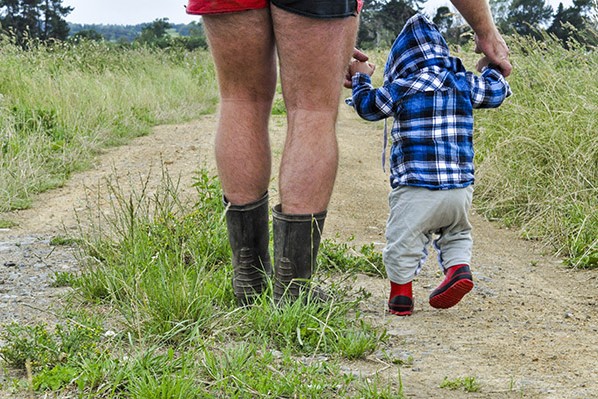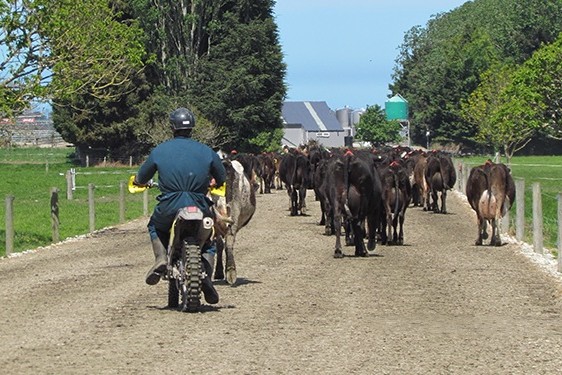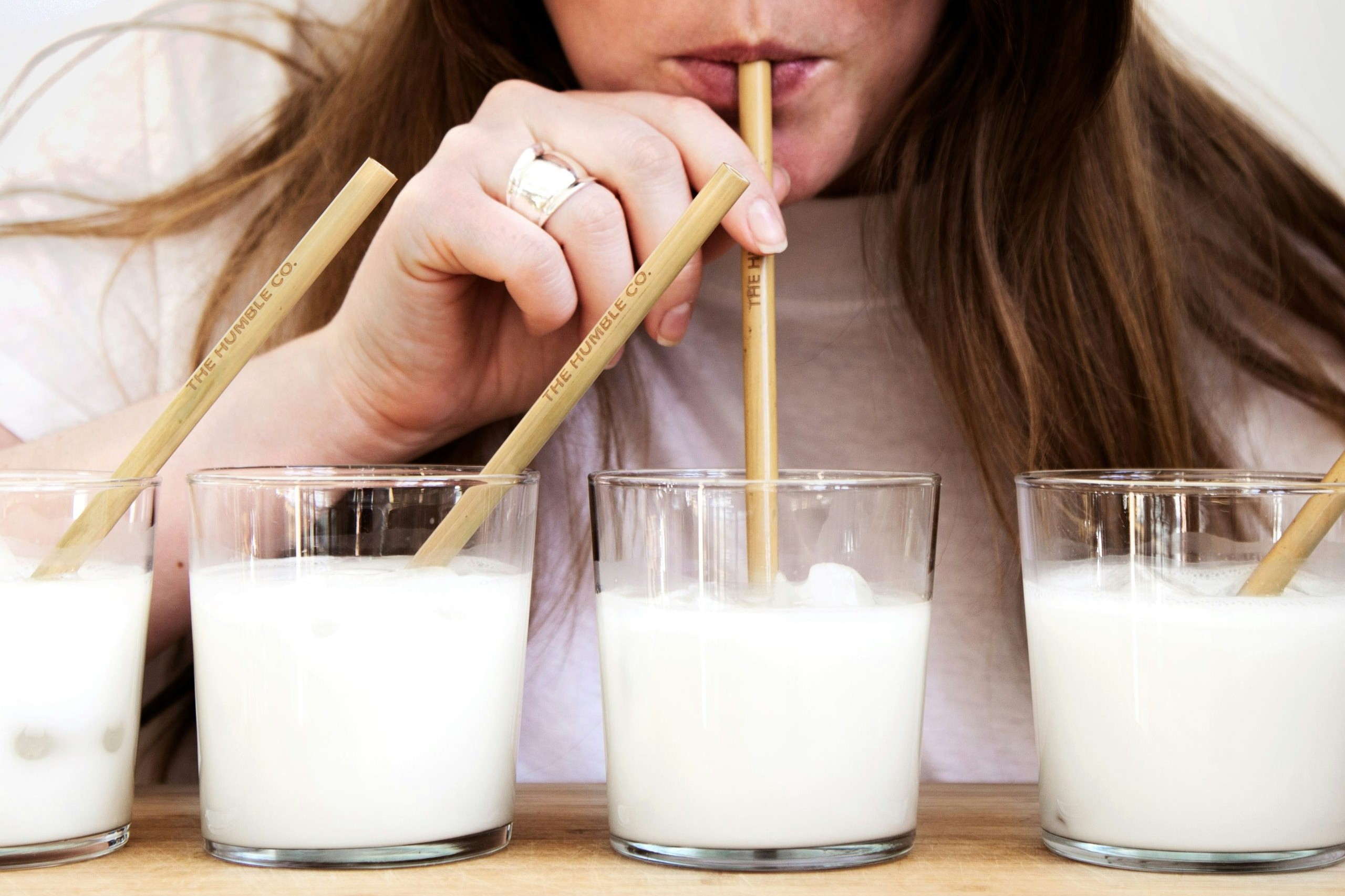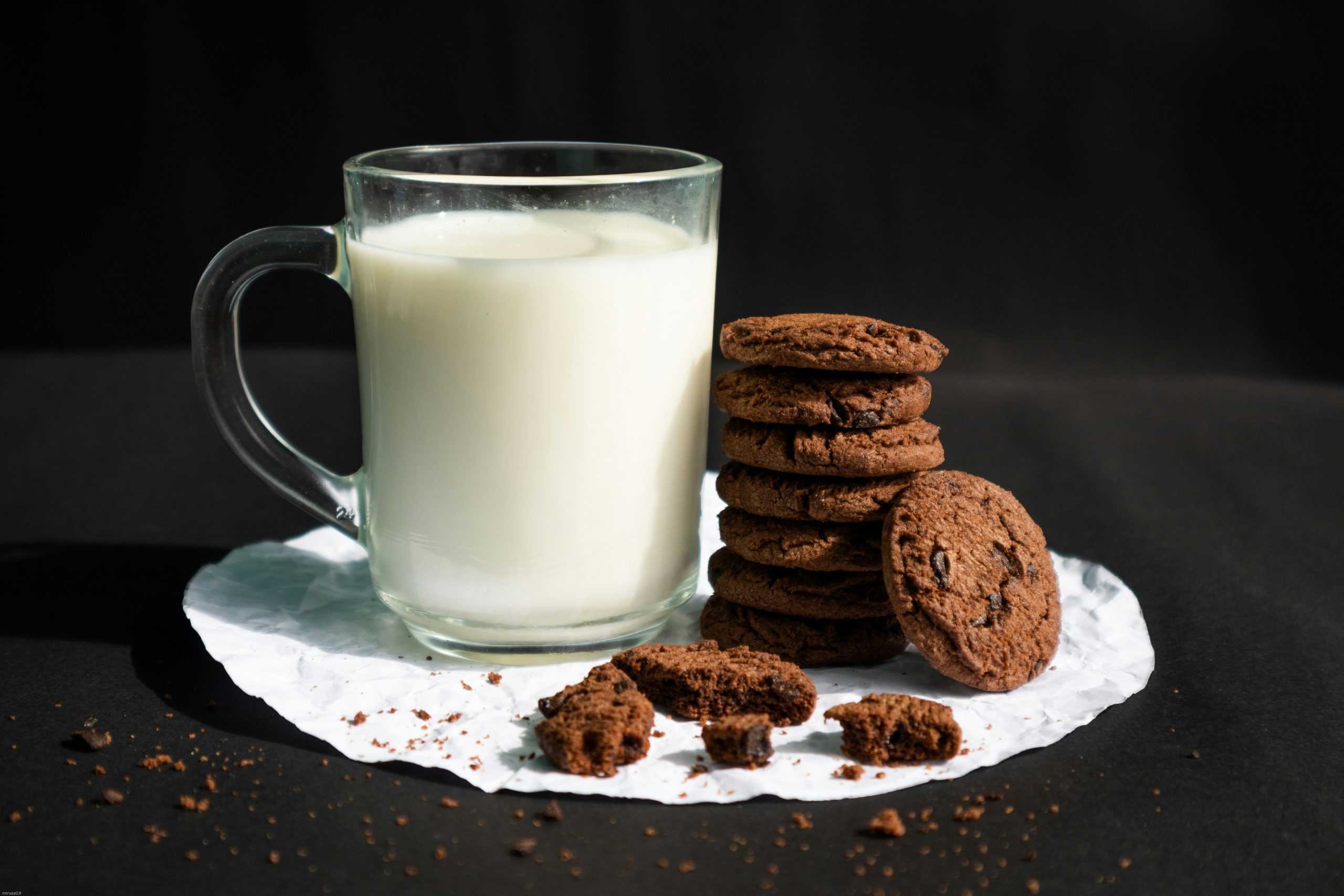How our future farmers – our young ones – act onfarm is important for the safety of themselves and others, writes Harriet Bremner.
Are the decisions you make every day on the farm, suitable for molding our future generations while knowing we are keeping them safe in the best possible way? Or are some of your actions cringe-worthy as we think about the marginal behaviours you exhibit in front of your most influential onlookers?
To get adults and children talking and on the same page when it comes to health, safety and wellbeing I have spent the past two years developing the ‘Think Safe Brain’ campaign, with our second farming day kicking off in two rural primary schools in June.
The idea came when I heard a six-year-old child say; “I can stand on the road and won’t get run over because I have got my high vis vest on”. Vests, for sure, have their place but we cannot and must not just expect that simply wearing a vest will keep us safe. It helps one be more easily seen but you can still die if you make a marginal decision while wearing one.
To me, this is part of everything wrong when it comes to health, safety and wellbeing and looking at it with fresh and literal eyes – such as our children’s.
They have not had health and safety tarnished with bureaucracy, instead, they are literal in their approach to staying safe. For instance; ask a child why they should wear a helmet on their motorbike? They will simply tell you that if you don’t and you fall off and hit your head then you could die. Why do we, as adults, make health and safety so complicated?
The farming school day starts with a morning session with NZ Police – they talk about emergency situations with the children, things every one of them needs to know about. Following this, students are split into mixed-aged groups where they then spend the day going around different farming modules discussing, learning and teaching each other, and adults, about all things farming safety.
It is important that the community is involved and adults are part of these conversations as children have an incredible ability to point out things that can be life-threatening that we have had no consideration of. By the same token, the adults highlight things they perceive to be dangerous or what can go wrong in different scenarios.
We have stock trucks, roadside hedge trimmers, tractors, implements, fire brigade, Police, tractors and horses, motorbikes, side-by-sides, trailer loading and stropping, obstacle courses, chemicals, firearms and more. Each module has specific learning outcomes where the children develop a specific understanding of the dangers around them.
Often I hear people say to their child simply; ‘don’t stand there’. This is as good as telling a dog, ‘who is a good boy?’ It is far too general and the words actually don’t mean anything. We need to be more specific with our use of words for children, they need to understand why.
So rather than saying not to stand behind the stock truck, the module at the farming day allows each child to sit in the driver’s seat and see for themselves how little the driver can really see. This helps the child to understand the dangers of hooning around the yard on their little bike while the truck is present.
Interwoven into the day are the police tractor and horses, Rural Support Trust, school PTO sausage sizzle and more. The day encompasses a whole community feel and it’s amazing how suddenly everyone is engaged in talking about and doing activities that will keep them safe when out on the farm. We also ensure mental health is part and parcel of the whole day because if you don’t look after your mental health, it is very hard to be able to make good decisions in the first place.
It’s incredibly difficult to put into words on one page how much this campaign means to me and how much it will help communities in the future.
The pilot day two years ago was a massive success and now that events are able to be run again, the plan is to run these nationwide so that every single rural school in the country has access to it and also every single rural family takes home a set of books. This helps take the conversations from the farming safety day back home and then out on to the farm. I have developed work booklets for the children to do as follow up in their classroom for a week after the farming safety day to ensure learning is solidified for future reference.
I give a massive thanks to PGGWrightson for being the main sponsor of my upcoming day, coupled with NZ Police and Farmstrong NZ. Without their support, the day could not go ahead.
I am always on the lookout for funding so if your rural community needs to up its game when it comes to putting people first and your company wants to support this, then please get in touch with me as we are all about prevention.
We want to ensure the people we love come home from work, every single day, while we help grow a practical generation of future farmers who are great decision-makers and who know that health is safety and everything in between. Let’s not wait for an ambulance at the bottom of the cliff, instead, let us be proactive in saving lives before they are lost unnecessarily.





